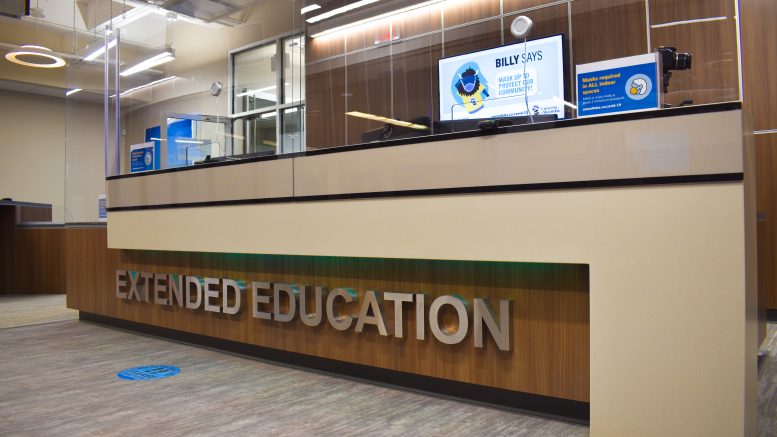University of Manitoba extended education will be running a media literacy program that aims to help people identify fake news and evaluate the credibility of content in media using investigative journalism techniques.
The program will be instructed by Cecil Rosner, who developed the course. Rosner has over 40 years of experience as a journalist, and has worked as managing editor for CBC Manitoba and executive producer of The Fifth Estate.
“Everybody depends on media for understanding what’s going on in the world, so you have to be able to properly read the messages that come at you, whether it’s in media stories or on social media,” Rosner said.
The program will have sessions from May 8 to June 12 and will consist of a series of three courses, including “Media Literacy and Critical Thinking,” which will teach participants to assess sources, find reliable evidence and identify disinformation and bias.
“All kinds of organizations and individuals, and politicians and corporations are pushing messages at all of us, all the time, and it’s really important that we know how to properly assess those messages,” Rosner said.
One of the other two courses, titled “Understanding Public Records,” will teach participants to find their own reliable sources of information by accessing publicly available documents.
The third course, called “Advanced Investigative Journalism Techniques,” will teach citizens techniques used by journalists to locate reliable sources of information online “that go far beyond basic Google searching.” These methods include accessing information through databases, filing Access to Information requests and analyzing document metadata.
Rosner said that the contents of the program could be useful for many different types of people including students, teachers, activists and ordinary consumers. He said that methods used in investigative journalism, such as looking into the backgrounds of people and companies, are very useful in everyday life.
Rosner said that “one of the biggest differences” in the media landscape today compared to previous decades is the increased influence of social media.
“When you talk about things like disinformation, for instance, or false messages floating around, they’ve been around forever,” he said. “But with social media, they can now travel way faster, at the speed of light.”
Rosner pointed to the social media influencer industry as an area that warrants caution.
He explained that, in contrast to traditional public relations campaigns, organizations can spread messaging through influencers who appear to be ordinary individuals, but who may in fact be paid to promote a narrative. He said that people should question “whose interests are being served” by messaging they encounter in the media.
Rosner said that his interest in media literacy comes from his lifetime of experience working in news media, including about 15 years as managing editor for CBC Manitoba.
“I wanted to train everyone I worked with, all the reporters and editors, and everyone that went out on a daily basis on how best to evaluate all the messaging that was coming out, how to spot whether something was a lie or was the truth, and sometimes that’s not easy to do,” he said.
Rod Lastra, acting dean of extended education at the University of Manitoba, said that many people no longer rely on established news outlets for information, instead receiving news from a wide variety of sources both credible and non-credible.
“Given the swarm of information that we’re all living in right now, it is absolutely critical for citizens to be able to empower themselves with the right information to be able to make informed decisions,” Lastra said.
He pointed to recent examples of disinformation interfering with the democratic process in countries around the world, such as in the lead-up to the Brexit referendum in the U.K.
He also highlighted the spread of misinformation during the COVID-19 pandemic regarding vaccines.
“The intent of the course is really to be able to provide people not with specific perspectives, but to really provide objective tools for individuals to make up their own mind, but also to have sourced information and to be able to validate actual information that they can then assess,” he said.
For information on how to apply for the media literacy course, visit umextended.ca/media-literacy.


